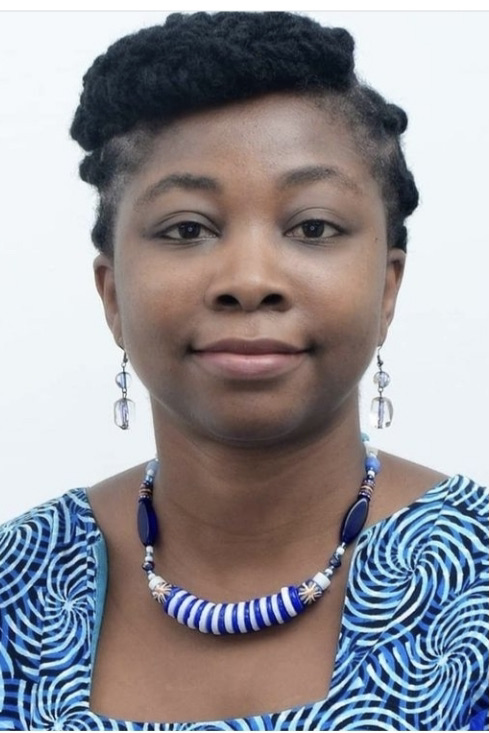‘A natural response to my curious mind and quest to know’

Marian Asantewah Nkansah
Research Information meets award-winning Ghanaian researcher Marian Asantewah Nkansah
Marian Asantewah Nkansah, a Ghanaian researcher in environmental remediation strategies, was this month announced as a winner of a OWSD-Elsevier Foundation Awards for Early-Career Women Scientists in the Developing World, for her work on contaminants in water, food, soil, and the atmosphere.
Remediation techniques are needed when there is no space for prevention and this is the right response in the case where, like Ghana, countries are suffering pollution from different sources and of different natures. Marian’s research involves analytical sample preparation, determination of contamination levels and interaction of contaminants in water, food, soil, the atmosphere and other environmental matrices.
Research Information caught up with Marian to find out more.
Where did you grow up?
I was born and bred in Ghana and was educated in this country from nursery up to my masters degree in environmental chemistry
Why did you want to become a scientist? Did you decide this at an early age?
I was always a curious child and used to ask a lot of questions about everything – from why birds sing and fly, to why it gets dark at night. I always wanted to understand how things came into existence. I was particularly active in science experiments in the primary school, and that led me to choose science for my secondary education and later university education. I guess it was a natural response to my curious mind and quest to know!
Why did you move to Norway for your PhD? How was the experience?
I wanted to experience new people and culture, and in Bergen I was in an environment where I had access to state-of-the-art equipment for my research. The other key benefits were that the programme was in English – and was fully funded. It was a great experience.
What problems are you trying to solve with your research
I am striving to improve public knowledge on the dangers associated with pollution by toxic substances (heavy metals, aromatic hydrocarbon, and so on) by determining them in environmental samples and evaluating the exposure and risk associated with them. I also look at some remediation strategies for some of these pollutants.
What are they main difficulties of being a researcher in Ghana?
I will say the main difficulty is around funding, which is very limited. At my university, the Kwame Nkrumah University of Science and Technology, there is funding between USD2000 and 5000 to compete for annually and there is no national research fund, so most funded projects are supported by external donors.
Why do you stay in Ghana? Have you considered being a researcher elsewhere
First of all, Ghana is where I feel most at home; I grew up here. Secondly, there are a lot of scientists in the global North and therefore the global South needs equally credible scientists to stay, work and help solve their peculiar problems which research can address. I also serve as a mentor and role model to younger people who aspire to be scientists in future. An ambition like that looks more achievable or real when your role model looks like you and speaks like you!
What are your hopes for the future – personally as a scientist, and for Ghana’s scientific community
Personally, I am looking forward to finding collaborators to help fund my research, and also to continue in science diplomacy, outreach and mentorship. I also look forward to working in a Science Policy Space in order to contribute to research in the field and also report on my experiences gathered along the way.
What does winning an award like this mean to you?
Joy, pride and gratitude all in one pot. Its a litmus test to all my professional engagements and gives me the zeal to do more. This award is a huge endorsement of my scientific and professional endeavours. It is definitely going to further increase my visibility and offer more opportunities for growth and impact of my causes, including research on environmental contamination, mentorship and outreach.
Interview by Tim Gillett






